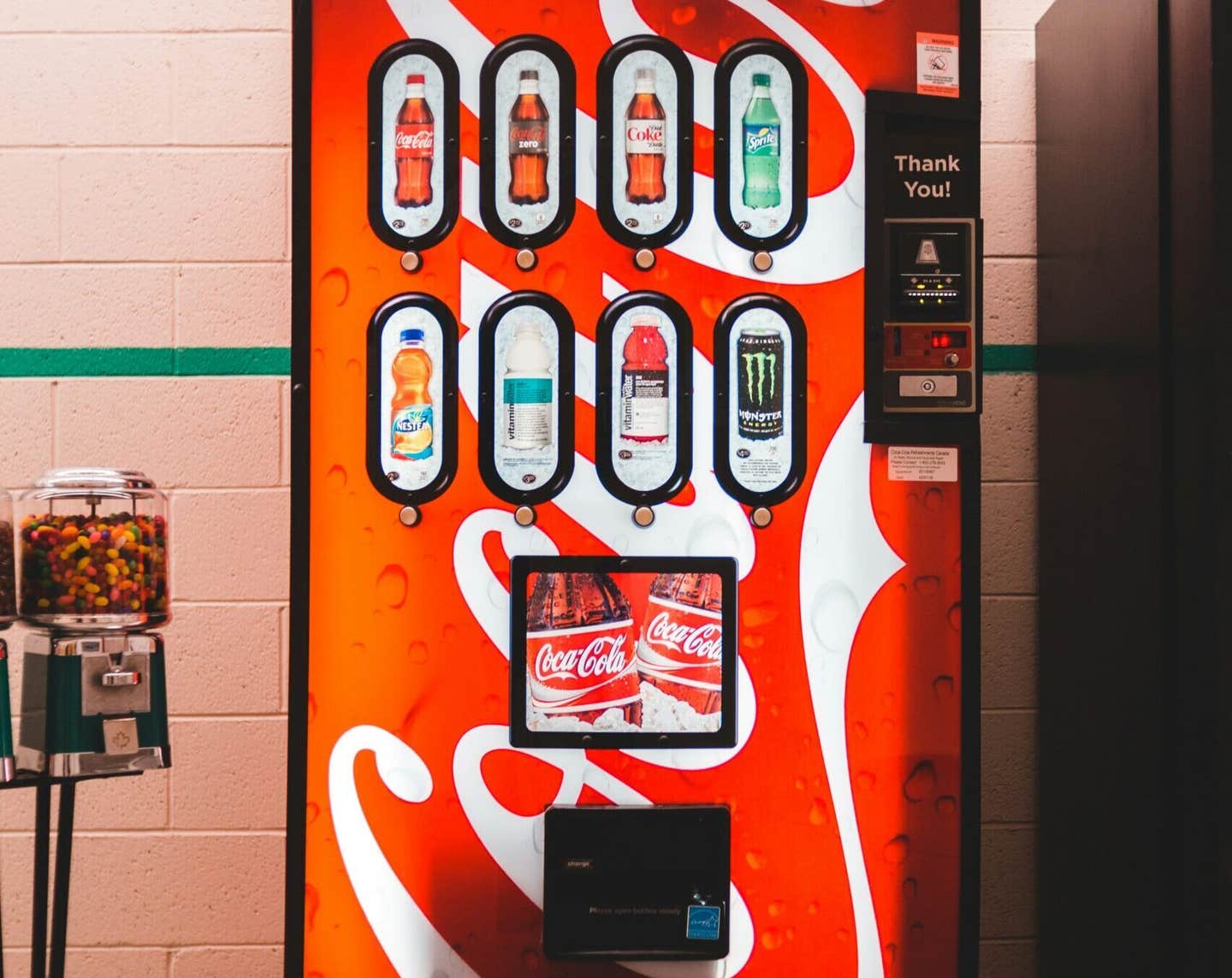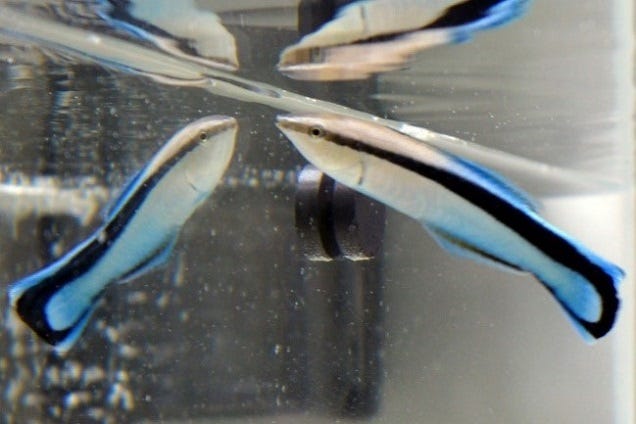Drinking 1 diet soft drink a day may raise type 2 diabetes risk by 38%
New Australian study links diet soda to a 38% higher type 2 diabetes risk, warning artificial sweeteners aren’t as safe as they seem.

Public health strategies should address all sweetened beverages, not just sugary ones. (CREDIT: Erik Mclean on Unsplash)
For years, diet soft drinks have been seen as the healthier choice. People swap out sugar-filled sodas for artificially sweetened versions in hopes of avoiding extra calories and weight gain. But new research suggests that might not be the full story. A large Australian study has found that drinking just one can of diet soda a day could increase your risk of developing type 2 diabetes by a staggering 38 percent.
This surprising finding comes from a 14-year-long investigation of more than 36,000 Australian adults. The research, published in Diabetes & Metabolism, was led by Professor Barbora de Courten from Monash University and RMIT University, alongside Associate Professor Allison Hodge from the Cancer Council Victoria and PhD student Robel Hussen Kabthymer. Their work taps into the Melbourne Collaborative Cohort Study, one of Australia's largest health databases.
Rethinking Diet Drinks and Diabetes Risk
The idea that sugar-sweetened drinks are bad for your health is nothing new. Prior studies have clearly shown that regular soda consumption contributes to weight gain, heart problems, and a higher chance of developing type 2 diabetes. What’s new here is that artificially sweetened drinks — often marketed as a smart alternative — may actually pose a greater risk.
According to the study, people who drank sugar-sweetened beverages daily had a 23 percent higher chance of developing type 2 diabetes. But for those who drank diet sodas with artificial sweeteners, the risk jumped to 38 percent. That’s more than one-third higher than people who rarely consumed sweetened drinks at all.
Kabthymer said it plainly: “Drinking one or more of these beverages each day – whether sweetened with sugar or artificial substitutes – was linked to a significantly higher chance of developing type 2 diabetes.”
Even Without Weight Gain, Risk Remains
One key takeaway from the study is that weight alone doesn't explain the risk linked to artificial sweeteners. While being overweight can explain how sugary drinks contribute to diabetes, the link with artificially sweetened beverages remained strong even after adjusting for body weight.
In other words, even if you're not gaining weight, artificial sweeteners may still be harming your body in other ways.
Related Stories
- Soft drinks, baked goods may contribute to a shorter life span, study finds
- Global study links diabetes and heart disease cases to sugary drinks
- Drinking sugar is worse for health than eating it, study finds
Professor de Courten explained, “Artificial sweeteners are often recommended to people at risk of diabetes as a healthier alternative, but our results suggest they may pose their own health risks.”
How Artificial Sweeteners May Harm the Body
You might wonder how a sweetener with zero calories can lead to a disease known for being tied to diet and weight. The answer may lie in how artificial sweeteners affect your body’s metabolism.
Some sweeteners, like aspartame, mimic sugar’s impact on insulin — the hormone that helps control blood sugar. Others may mess with your gut bacteria, leading to higher blood sugar spikes and glucose intolerance. These effects can make it harder for the body to maintain stable blood sugar levels over time, even without any added pounds.
“Several mechanistic studies have revealed the impacts of artificial sweeteners on the gut microbiome and intestinal glucose absorption,” the researchers noted. This disruption of glucose balance, called dysbiosis, could play a major role in raising your diabetes risk.
The Australian Context: A Call for Local Data
While there’s been growing global concern about sugar and artificial sweeteners, much of the past research came from outside Australia. That’s important because the types of sweeteners and sugars used vary by region. In the U.S., drinks often contain high-fructose corn syrup. In Australia, the go-to sugar is usually sucrose, which is made of equal parts glucose and fructose.
Fructose is more likely to cause fat to build up around your organs, while glucose has different metabolic effects. That’s why this study is so important—it offers new local evidence that connects artificial sweeteners to type 2 diabetes in a way that’s specific to Australian diets and habits.
The research team hopes their findings will spark changes in public health policies, similar to the taxes placed on sugary drinks. But they also want more attention paid to the rising consumption of artificially sweetened beverages, which has been increasing in Australia since the mid-1990s.
“We support measures like sugary drink taxes,” said de Courten, “but our study shows we also need to pay attention to artificially sweetened options. These are often marketed as better for you, yet may carry their own risks.”
A Global Health Concern
Type 2 diabetes is not just a local issue. Worldwide, it affects more than 500 million people, and that number is expected to grow. In Australia alone, about 1.3 million people — or one in twenty — live with the disease. However, many more may be living with it undiagnosed.
About 90 percent of diabetes cases worldwide are type 2, a form closely tied to lifestyle and dietary habits. Along with obesity, sugary and sweetened drink consumption plays a major role in this epidemic.
The World Health Organization recommends that free sugar intake be kept below 10 percent of your total daily energy. Still, people around the globe continue to consume far more than that, especially through beverages. Even worse, many people trying to cut back on sugar might unknowingly turn to artificial sweeteners, thinking they're making a better choice.
Type 2 Diabetes Risk and Artificial Sweeteners
The type 2 diabetes risk linked with artificial sweeteners calls for serious reflection on how these drinks are marketed and consumed. Despite being sugar-free, they may not be risk-free.
While previous research has shown some short-term benefits of these sugar substitutes — like modest weight loss — longer-term studies are raising red flags. A recent review by the World Health Organization found that artificial sweeteners might increase the long-term risk of obesity, diabetes, and heart disease.
The bottom line? It might be time to think twice before reaching for that diet soda. Water, unsweetened tea, or other low-calorie, nutrient-rich beverages could be better choices not just for your waistline, but for your long-term health.
Note: The article above provided above by The Brighter Side of News.
Like these kind of feel good stories? Get The Brighter Side of News' newsletter.



